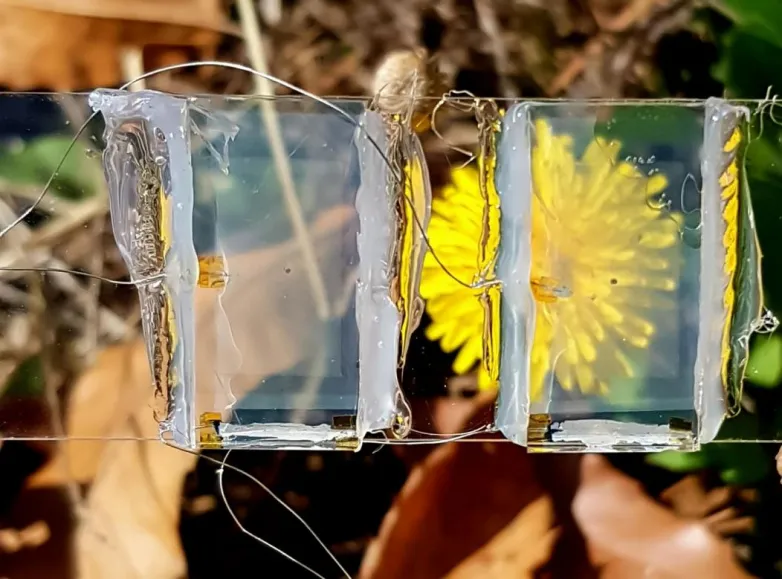Researchers have developed invisible solar panels which resemble windows
- Scientists have actually developed the initial fully transparent solar panel in the hope that it may lead to a bigger rollout of solar power usage in domestic setups.

Photovoltaic panel are presently opaque, which means they can just be made use of on solar ranches and on roofs. Currently scientists at Incheon University in South Korea have taken care of to place their concept into method by creating a new, transparent variation.
This is the first time a completely clear solar cell has been tried. Usually, the semiconductor layers, which capture the light as well as transform it into electrical power, are the reason for their nontransparent colour.
Researchers at Incheon University have changed these layers with Titanium Dioxide as well as Nickel Oxide rather. Both products have high optical openness, so have the capacity to allow via plenty of noticeable light.
Nonetheless, the efficiency rate of the clear solar panel is just at 2 percent right now.
We talked to solar expert Dr Stuart Irvine, Director of the Centre for Solar Energy Research at Swansea University, about the complications this may pose.
For Irvine, a low rate of efficiency is "the biggest obstacle" for a wider rollout.
"The difficulty here is, just how much can they push the efficiency to actually get a helpful amount of electrical energy out?" he says.
The work completed by the university in South Korea includes in various other study being done worldwide to see exactly how solar energy can be integrated into buildings. Dr Irvine calls the recurring research study "exciting".
Asia is no stranger to solar advancement, with researchers at the Solar Energy Research Institute of Singapore formerly generating double-sided panels which were found to be 35 percent much more effective.
Photovoltaic panel have ended up being increasingly prominent as a resource of renewable resource in Europe, with the greatest assistance coming from Italy, France and Germany.
In Germany, there was a 25 per cent increase of solar panel installations in 2020, in comparison to the previous year.
In general, 19.7 per cent of energy consumed in the EU in 2019 was from renewable energy, with Sweden competing in advance with almost 60 percent. Belgium can be found in last with just 10 percent of the country's energy created by sustainable resources.
Regardless of the reduced energy effectiveness of the transparent solar panels, Dr Irvine does not eliminate the potential it might have for smart phones and smaller residential products.
"With consumer products, I think there is huge capacity, and it does not require a great deal of power," he claims, recognizing that solar power will possibly be used in new markets and also in brand-new manner ins which have actually not been thought about in the future.
Also read

